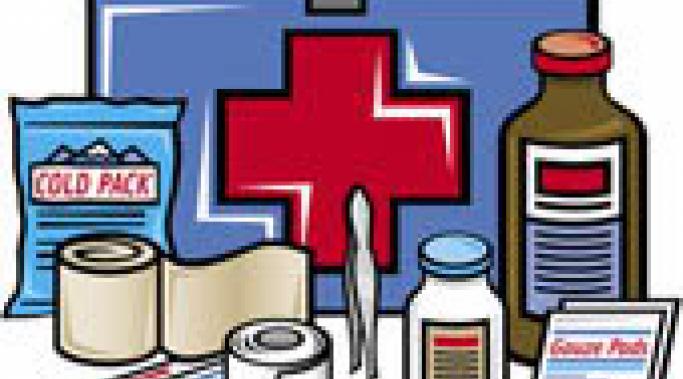Blogs
Sometimes your mental illness symptoms may worsen, but increasing the dosage of your psychiatric medication isn't always the answer. Another problem may be to blame. Watch this video.
When I walk into my psychiatrist’s office, I often feel like I am wearing a shirt stating: people with a serious mental illness will require medication for the rest of their lives. It is a tough pill to swallow−pardon the pun−but something I think about often.
In 2008, I began counseling again. The doctor wrote the referral for depression. But when I got to my therapist's office, I told her I was there because I was emotionally and verbally abused with an occasional go-round with physical violence. I told her I was depressed for sure, but what I needed to know was how to deal with the abuse.
She asked me if I'd considered leaving my marriage; I didn't want to do that.
Last week's post on disclosing mental illness at work was very popular, so I decided to continue the topic this week. In my video blog, I talk about telling coworkers about your mental illness and the benefits that can come from having support systems in the workplace.
Mental health is a world within a world, complete with its very own vocabulary. These idiosyncratic names, phrases and expressions may seem odd, even bizarre, to newcomers and outsiders alike. However, if you intend to successfully navigate the crooked concrete corridors leading eventually to mental health, familiarity with this specialized lexicon is strongly advised.
My child has a mental illness. He is not going through a phase!
As a parent of a child with a mental illness, nothing irritates me more than the well-meaning (or not-so-well-meaning) person who insists on telling me, "oh, I'm sure Bob is just fine." Or any variant thereon, such as "it's just a phase", "he'll grow out of it", "they all do stuff like that", etc.
Believe me, I wish you were right. But your comments don't make me feel any better about the situation. If anything, they make me feel worse.
While substance abuse may or may not be present in one person's case, it is common enough to warrant suspicion on the part of the doctor, and this suspicion affects what kind of medical treatment is received.
Everyone who has been bipolar, or mentally ill in general, for longer than about a day-and-a-half has experienced failed treatments. We've all had medications that didn't work. Therapy that didn't help. Lifestyle changes that did nothing. And so on, and so forth. In fact, most of us experience months of treatment failure before we find treatment that works for our mental illness.
But after years of failure and trying everything you can think of and still being sick, how does one keep going? How do you keep going when mental illness treatment doesn't work?
I’ve just realized that a year has passed since I began writing Dissociative Living here at HealthyPlace. This is a pretty significant achievement for me. And that’s partly because I’m just plain proud of the content I’ve written. But this blog’s anniversary is also the anniversary of my coming out publicly as someone with Dissociative Identity Disorder. By choosing to write Dissociative Living I also chose to stop writing anonymously and from that point on, attach my real name and real picture to my thoughts and perspectives on DID. It was a pivotal decision and one that, had I asked, most people would have advised against. One year, three weeks, eighty-two posts, and a thousand comments later, I don’t regret it even a little bit.
I was twelve years old when I was diagnosed with bipolar disorder. That same year, I was diagnosed with attention deficit disorder, oppositional conduct disorder, and anxiety disorder. Point in case: I was a very sick and a terribly confused young woman. I spent many years in and out of hospitals; my body was laced with different combinations of medications. Three years later, at the age of fifteen, I became well.








